Colon cancer in young adults is on the rise. In fact, in the UK, rates of early-onset colorectal cancer in younger generations are increasing faster than almost anywhere else in the world. Colon cancer prevention starts with what you eat. According to experts, what you consume can either increase or decrease your risk of developing colon cancer. We have compiled a list of foods that can help lower your colon cancer risk, as well as certain foods that you should avoid. Using these foods for colon cancer prevention was advised by gastroenterologist Dr. Reshma Rakshit.
Whole Grains
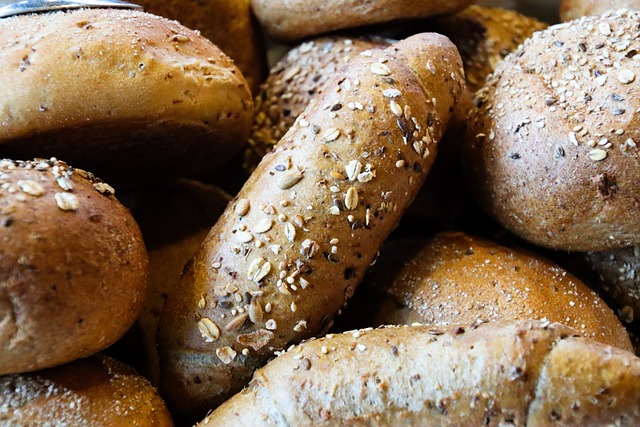
According to the World Cancer Research Fund (WCRF), consuming whole grains can lower your colorectal cancer risk. The fiber content of these grains also helps deal with a large colon cancer risk factor, weight gain. Aim for brown rice, oats, whole-wheat pasta and bread, barley, and quinoa. These foods will help keep bowel movements regular, dilute potential carcinogens in the gut, and support good bacteria that produce protective compounds such as butyrate. Try swapping out refined grains for whole-grain alternatives most days of the week for best results.
Beans and Lentils
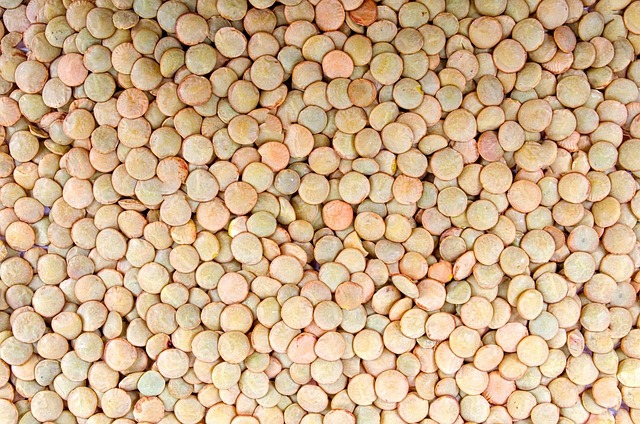
Foods such as beans, black beans, chickpeas, and lentils offer both fiber and resistant starch. They are also known to feed the beneficial gut microbes that produce anti-inflammatory metabolites. When these fibers begin to ferment, they produce short-chain fatty acids that calm inflammation in the colon. According to observational studies, higher total fiber has been linked with a reduction in colorectal cancer risk. One practical way to decrease your risk is to replace some of your usual processed or red meat with legumes. To top it off, beans and lentils are very inexpensive and make a great addition to any recession-proof pantry list.
Fruits

A colorful combination of fruits such as apples, berries, pears, oranges, and kiwifruit is ideal. These fruits will provide plenty of fiber in addition to polyphenols, which are plant compounds that help to lower your oxidative stress levels and support a healthier microbiome. While no single fruit can completely help with colon cancer prevention on its own, eating a range of fruits regularly helps to support your gut health. It also makes it easier to achieve your daily fiber requirements. Try eating some fruit along with your breakfast or as a midday snack. You can also swap out your sugary desserts for a bowl of fruit salad.
Vegetables
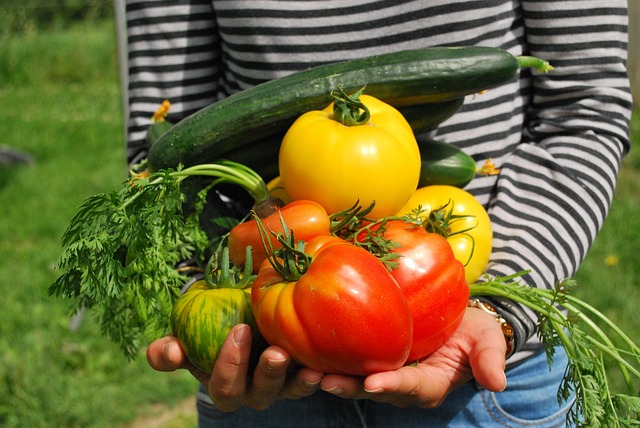
Aim to fill half of your plate with non-starchy vegetables at most of your meals. This includes veggies such as peppers, carrots, green salads, tomatoes, spinach, soups, stir-fries, and green beans. The fiber, folate, magnesium, and diverse phytochemicals present in vegetables all help to lower colon cancer risk. If you are not sure exactly how many to add to your meal, use can use the simple rule of two to three vegetables at lunch and dinner. Canned and frozen vegetables are also fine, but preferably without added salt or sugar.
Garlic, Onions, Broccoli, and Brussels Sprouts
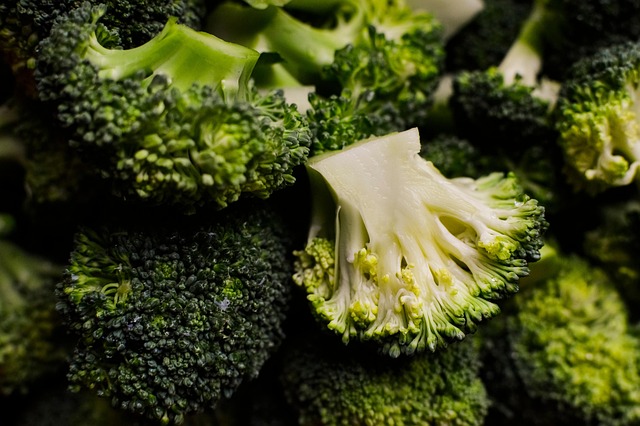
Garlic, onions, broccoli & Brussels sprouts are regarded as microbiome-friendly foods. Cruciferous veggies such as broccoli and Brussels sprouts are known to contain glucosinolates that convert to isothiocyanates, like sulforaphane. According to researchers, these particular compounds can help your cells repair damage. Try to add a few forkfuls of these veggies on most weekdays, either steamed, roasted, or tossed into bowls. Additionally, alliums such as onions and garlic contain prebiotic fibers and organosulfur compounds.
Oily Fish
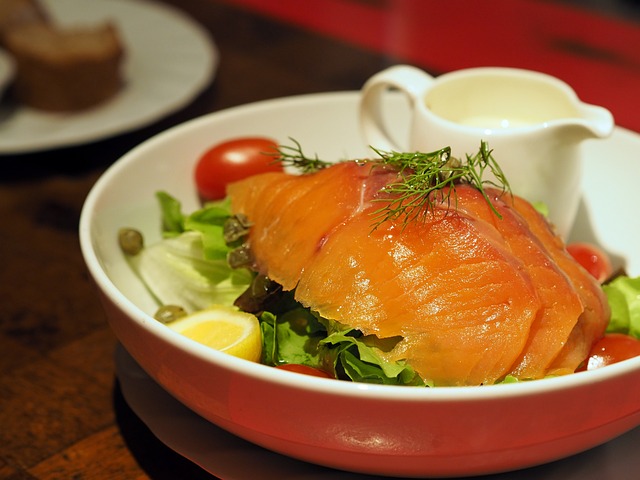
Oily fish such as salmon, trout, mackerel, and sardines are full of long-chain omega-3s that are great for dealing with inflammation. Various studies have found that increased oily fish consumption was linked to a slight decrease in colorectal cancer risk. The studies typically found that there was around a 10% to 12% lower risk in those who regularly ate oily fish. Additionally, baked fish was found to be the best for lowering risk. You should aim to consume around two portions of oily fish per week.
Berries and Green Tea

It’s also important to consume foods high in antioxidants, such as berries and green tea. Berries are full of polyphenols that can potentially reduce oxidative stress in your body. They are also an ideal substitute for your normal sugary desserts. The catechins in Green tea could have potential anticancer properties, but studies have so far provided mixed results. However, substituting sugary drinks for unsweetened tea or water does help in general.
Read More: She Tried 5 Natural Coffee Alternatives, Find Out Which 2 Actually Work
Foods to Avoid

According to the World Health Organization, processed meat is classified as carcinogenic to humans for colorectal cancer. This includes processed meats such as ham, hot dogs, bacon, sausages, and deli meats. It’s best to keep these types of food to an absolute minimum in your diet. You should also eating too much red meat, such as pork, lamb, and beef, as it has been classified as likely carcinogenic. Ultra-processed foods and sugary drinks are also off limits if you want to lower your colon cancer risk. Lastly, you should also significantly limit or avoid alcohol, as even moderate use can increase the risk of colon cancer in young adults.
Disclaimer: This information is not intended to be a substitute for professional medical advice, diagnosis or treatment and is for information only. Always seek the advice of your physician or another qualified health provider with any questions about your medical condition and/or current medication. Do not disregard professional medical advice or delay seeking advice or treatment because of something you have read here.
Read More: Diabetic Drug Shows Promise in Fight Against Colon Cancer

